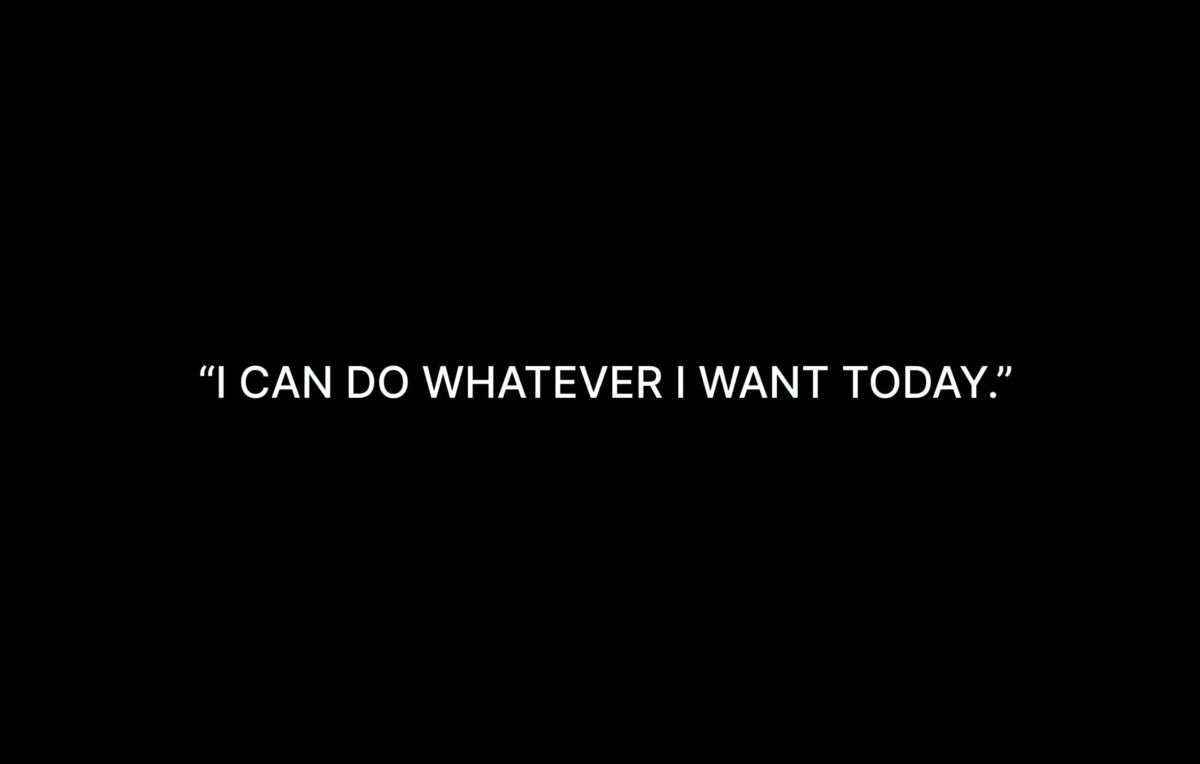

Most people don’t write the way they speak. However, if you develop the habit of speaking in an overly-casual or thoughtless way, that habit has a tendency to creep into your writing.
In contrast, if your speaking is clear and lucid, those habits of precision will influence how you write. Corporate employees put great weight on what you write. They may dissect every word. Errors in your writing can change the entire meaning of your communication and destroy your credibility.
The simple formula here is: Improve your speaking, and you will improve your writing.
And this isn’t the only reason to learn how to speak well.
People Are Listening to/Reading What You Say
In the privacy of your home or at dinner with close friends, it doesn’t usually matter whether you use clichés or are grammatically incorrect. However, if you’re talking with a colleague or participating in any public speaking opportunity, it does.
There are more grammarians out there in the world than you may think. They are listening to what you say. While the advantage of speaking is that spelling and punctuation don’t count, correct grammar does.
What to Avoid
Filler words. These include, “Kind of,” “Like,” “Totally,” and many, many more.
Turn the tables around. If you were listening to a speaker trying to sell you on the benefits of the services he was marketing, and he said, “You will like totally love this service,” would you be interested or looking for the exit?
Or this: “It’s kind of one of the real selling points of this service.” Do you see how “kind of” weakens what’s meant to be a strong statement?
Odds are that most people are at least somewhat careful about this kind of excess in a speech that’s partially or entirely written out. Podcasts and other kinds of interviews are more dangerous because they have an informal flavor.
I have listened to podcasts where if I had gotten one dollar for every “kind of,” “totally,” “just, “maybe,” etc., I could have retired.
Sentences that never end. I mean sentences of easily one hundred words. These are bad enough in written form. When someone speaks them, the poor listener will have long since forgotten what the original point was.
Incomplete sentences. This is actually a subcategory of the endless sentence. As the listener forgot what the speaker was talking about, so, too, did the speaker, who changed subjects in the middle and roared off on a new tangent. Neither the first nor the second subject terminated in a nicely formed conclusion.
Clichés. In the paragraph above, I originally used the phrase, “switched horses midstream.” I like that phrase, but I couldn’t write about clichés after using one. When I replaced it, I remembered why they’re so popular. They’re lazy substitutes for accurate description.
Words serve many purposes. One of these is that they are tools. You wouldn’t change a tire with a sledgehammer. You don’t give or write a persuasive statement about something in which you believe by loading down your prose with awkward, unnecessary words.
Need help editing your articles, papers, or a book? Pat Iyer is a C Suite Advisor (one of the original 100) and a ghostwriter and editor. Contact her at http://patiyer.com/contact


















